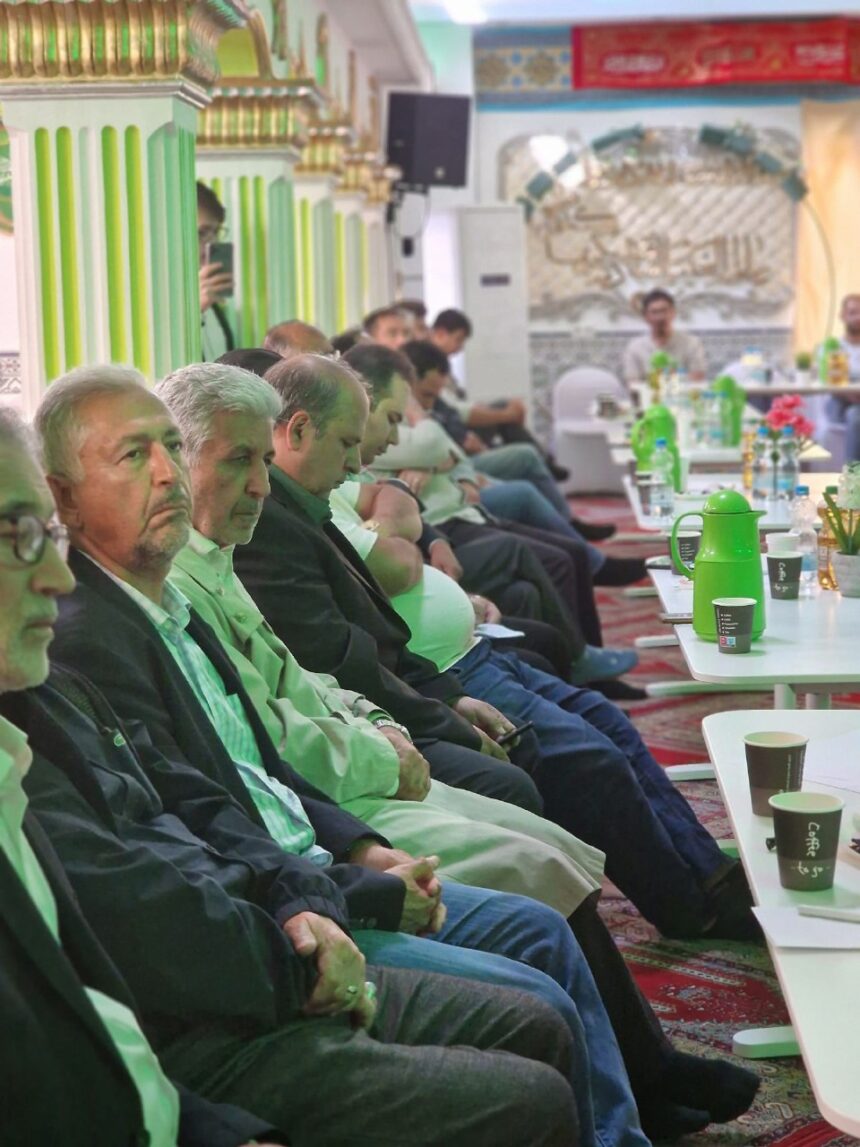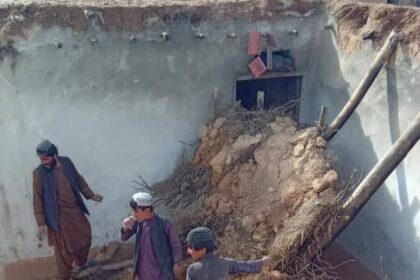RASC News Agency: Prominent Shiite figures at a recent conference in Germany declared that the people of Afghanistan, especially the Shiite community, are being systematically deprived of their most fundamental human and Islamic rights under Taliban rule. They emphasized that this situation has worsened since the Taliban’s takeover of Afghanistan.
The activists described the Taliban government as illegitimate and a “tyrannical regime,” asserting that resistance against such a regime is “justified and necessary.” They stressed that standing against oppression is both a moral imperative and a righteous action. The conference, titled “Gathering of Afghan Shiite Elites,” took place on Saturday, July 27, in Frankfurt. The speakers highlighted the increasing restrictions imposed on the Shiite community over time.
This perspective is consistent with sentiments expressed at the first Frankfurt conference in June, where Shiite activists also emphasized the need for “resolute resistance” against the Taliban. During the second conference, participants issued a statement condemning the restrictions on women as “gender apartheid” and called for the recognition of the human rights of Afghanistani women. They voiced their concern that the rights of women in Afghanistan are being systematically eroded.
Leaders from the Shiite community criticized any unauthorized deals made in the name of representing Shiites with the Taliban. They asserted that, in the absence of a legitimate framework, no one has the right to self-appoint as a representative of the Shiite community to negotiate their rights with the Taliban or any other party. The attendees called for the development of a comprehensive roadmap to navigate the current crisis and urged the consolidation of all available resources.
They emphasized that Afghanistan requires the active participation of all its citizens to rebuild the nation; no single group or ethnicity can govern the country in isolation. The Shiite elites residing in Europe urged the international community and the United Nations to limit their interactions with the Taliban and to refrain from recognizing the group as a legitimate authority.
They warned that unilateral engagement with the Taliban not only exacerbates the humanitarian crisis but also promotes the spread of terrorism in Afghanistan and the surrounding region.






